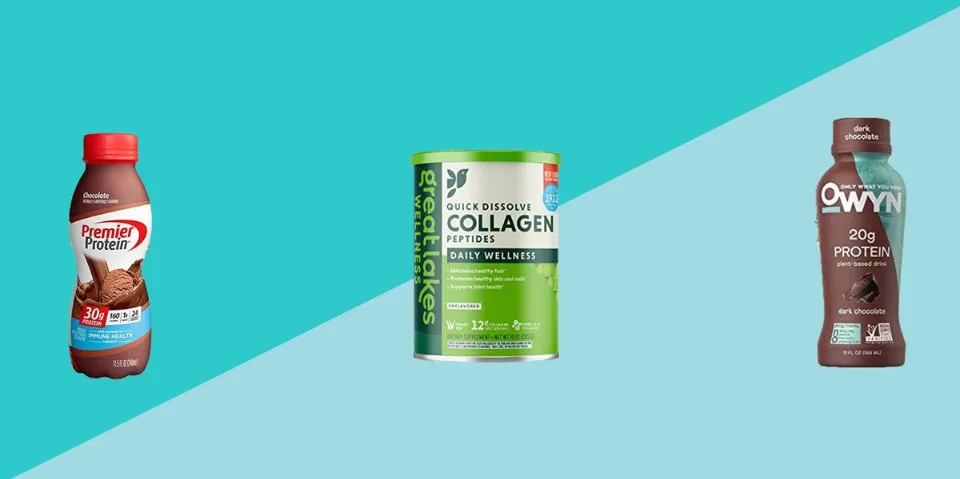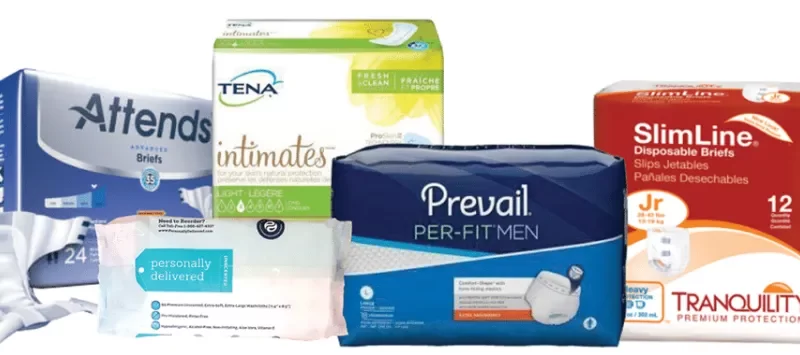It can be confusing and challenging to choose the best protein powder for elderly people given the abundance of protein supplements on the market. Many come in large tubs, and if you don’t know what to expect, this can be a fairly expensive and discouraging investment if you open it, try it, and it turns out to be the wrong choice for you.
Based on the type of diet, protein source, protein-to-weight ratio, amount of protein per serving, cost per serving, and overall macronutrient breakdown, this article discusses the top 11 whey protein powders for seniors.
A Quick Look
- Transparent Labs Whey Protein Isolate – Top Pick
- Ritual Essential Protein Daily Shake 50+ – Editor’s Choice
- Ladder Plant-Based Nutrition Shake – Best For Bone & Digestive Health
- Opportuniteas Whey Protein Isolate
- Sascha Fitness Hydrolyzed Whey Protein Isolate
- ALOHA Protein Drink
- Garden of Life Whey Protein Isolate With Probiotics
- Isopure Whey Protein Isolate With Vitamin C and Zinc
- Ensure Max Protein Nutrition Shake
- Muscle Milk Zero Protein Powder
- Orgain Clean Protein Drink
11 Best Tasty Protein Drinks for Seniors
Transparent Labs Whey Protein Isolate – Top Pick
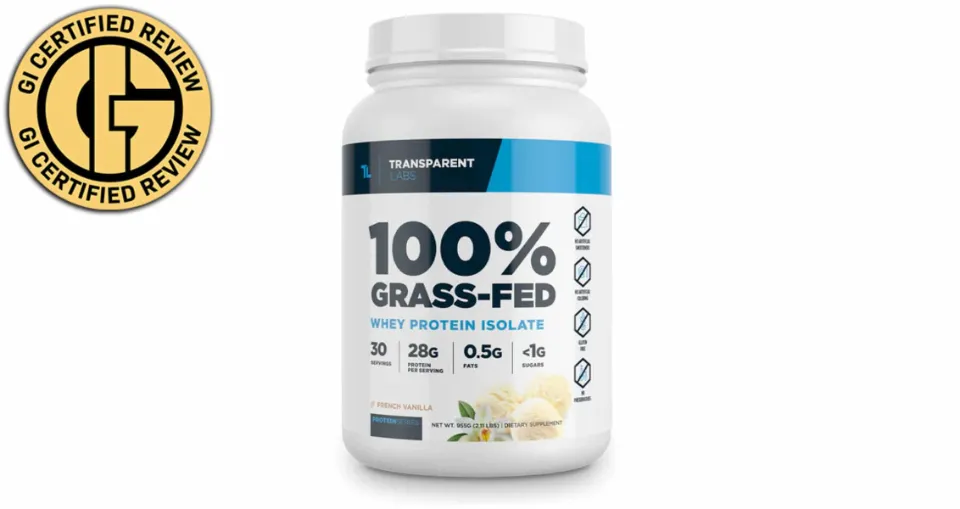
Description:
With up to 85% protein by weight, Transparent Labs’ Whey Protein Isolate is a high-protein, low-carb, and extremely low-fat food. Therefore, those who want to gain muscle while losing weight should consider this option. In particular, losing muscle mass is not the main objective for the majority of senior citizens. Because it is protein-dense, it is a good choice to incorporate into a variety of recipes, including smoothies, oats, and baked goods, to conveniently meet protein needs while gaining the advantages of other ingredients’ nutrients.
The product takes pride in having few ingredients and not containing any artificial sweeteners, colors, or preservatives. Additionally, it is gluten-free, making it suitable for those who are intolerant or allergic to gluten. There are many flavors available, and many customers think the product is tasty without being overly sweet and simple to digest.
Pros:
- 100% whey protein isolate
- Higher than average amount of protein per serving
- 0-1 g of fat per serving
- Versatile macro breakdown (suitable for any goal)
- High Labdoor ranking
- Variety of flavors
Cons:
- Only 2.28 lb container
- Not the most budget-friendly protein
Price: $59.99
Ritual Essential Protein Daily Shake 50+ – Editor’s Choice
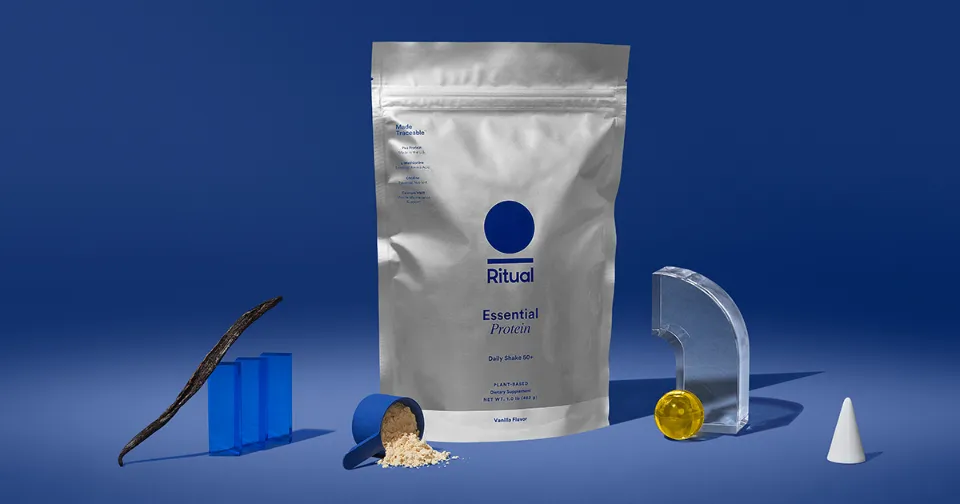
Description:
The ideal protein beverage for the elderly in 2023 is Ritual Essential Protein Daily Shake 50+. It has been independently tested, is non-GMO, vegan, soy-free, gluten-free, and sugar-free. It only calls for one serving per day, as opposed to some powdered protein drinks.
It offers subscription discounts despite being somewhat pricey and having a small number of servings in each container. This is a fantastic choice for seniors who value quality and security.
Pros:
- Third-party tested
- Free shipping
- Non-GM, vegan, soy-free, gluten-free
- Subscription discounts
- ounts
- Once daily
Cons:
- Somewhat expensive
- Few servings in each container
- Powder form requires mixing
Price: $40.00
Ladder Plant-Based Nutrition Shake – Best for Bone & Digestive Health
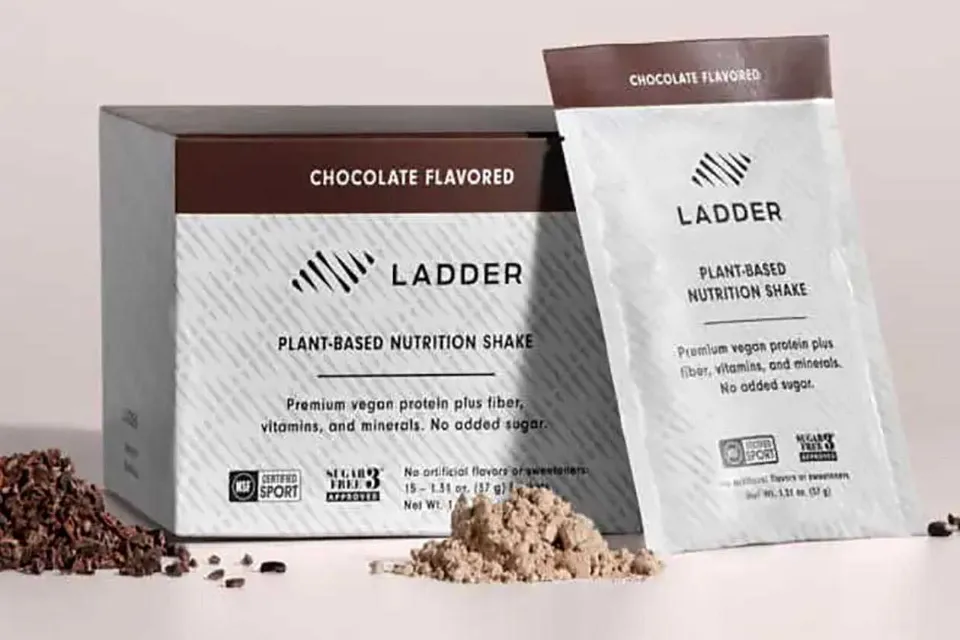
Description:
One of the best vegan options available is the Ladder Plant-Based Nutrition Shake. This brand is available in single-serving, travel-friendly packages. One package can make one drink on the go when dissolved in water. They distinguish themselves from the competition with this clever idea.
But it’s still not as quick and easy as a drink that has already been mixed. This shake is also very pricey, but it does include a subscription discount to help you save what money you can.
Pros:
- Option for on-the-go packets
- Vegan
- Discount for subscription options
Cons:
- Very expensive
- Powder form requires mixing
Price: $59.90
Opportuniteas Whey Protein Isolate
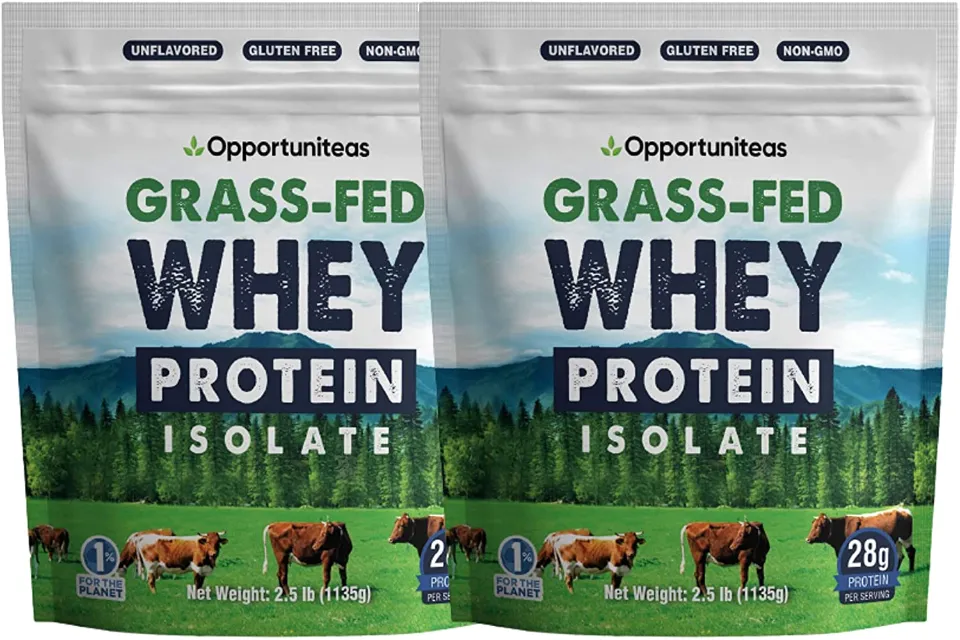
Description:
Depending on the flavor, the protein, carbohydrates, and fat content of Opportuniteas’ Whey Protein Isolate can vary. The unflavored and coffee varieties, which are more adaptable and have 28 g and 27 g of protein, respectively, would be good choices if you’re trying to gain muscle, recover, and lose weight. In any other case, the additional chocolate and vanilla flavors would be better suited for recovery and muscle growth rather than weight loss. Cane sugar, cocoa, vanilla flavor, and/or himalayan salt are used to flavor this supplement. Sunflower lecithin serves as the emulsifier in addition. While the powder generally mixes well, some have noted a “rancid” smell and taste in some instances with the current product that contains sunflower lecithin compared to a prior version that did not.
Pros:
- Excellent composition of macronutrients for an “Unsweetened” and “Coffee” versions
- Lower price category (with the purchase of a 5 lb package)
Cons:
- The vanilla and chocolate versions contain significant amount of added sugar
- No third party certification
Price: $29.99
Sascha Fitness Hydrolyzed Whey Protein Isolate
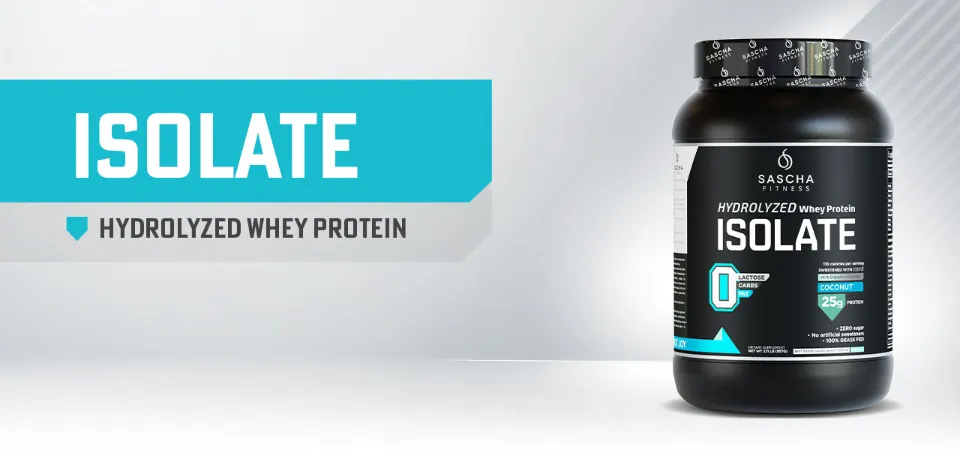
Description:
The Sascha Fitness Hydrolyzed Whey Protein Isolate is an excellent supplement for people who want to gain muscle, recover, and lose weight. As the protein has been hydrolyzed, or pre-digested into peptides and individual amino acids, it is thought to be a faster-absorbing whey protein isolate. It still needs to be determined whether this form is better for building muscles than whey protein isolate that hasn’t been hydrolyzed.
Amylase, lipase, and protease are a combination of digestive enzymes. However, the product has 0 grams of fat and 1 gram of carbohydrates. Therefore, the additional lipase and amylase (which break down fats and carbohydrates respectively) are probably not required. Despite all of this, most people have found this product to be simple to digest.
Pros:
- Hydrolyzed whey protein isolate may be easier to digest
- Versatile macronutrients breakdown
- Zero fat, <1 g of carbs
- Many flavors
- Low in sodium
Cons:
- Only one package size available
- No third party certification
- Additional digestive enzymes included may be unnecessary and drives cost up
Price: $44.9
ALOHA Protein Drink
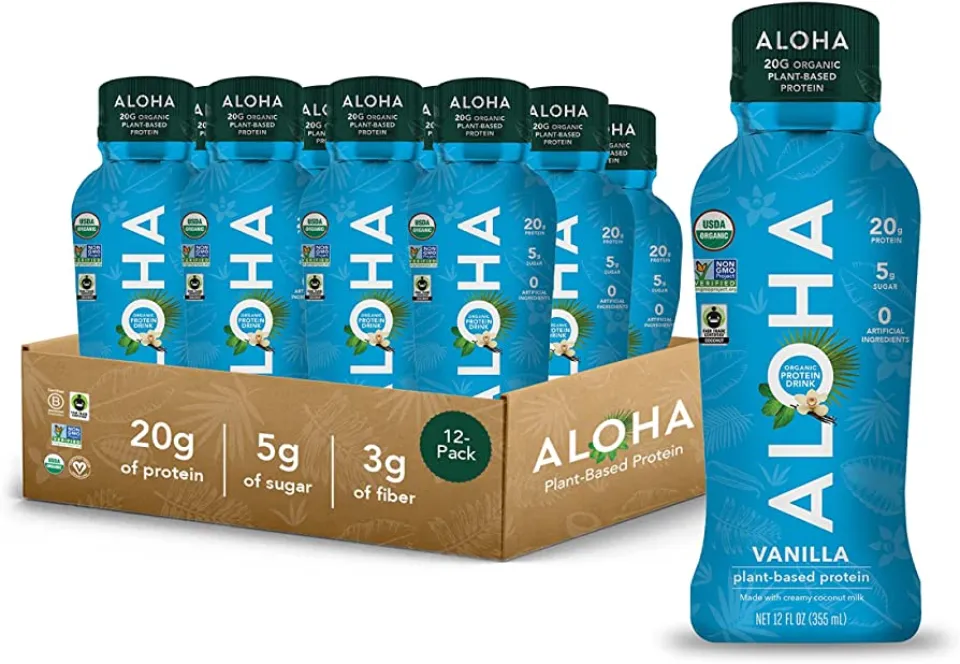
Description:
ALOHA Protein Drink is an organic, vegan, non-GMO, gluten-free, dairy-free, and soy-free alternative. It also has a high iron content and prebiotics for healthy digestion. For those with sensitive stomachs, it is sweetened with fruit rather than sugar or stevia.
The powdered drinks must be consumed numerous times per day despite being reasonably priced. Additionally, hemp seed, which could fail drug tests, is present. The majority of seniors are retired and do not undergo drug testing, but it is important to be aware of.
Pros:
- Organic, vegan, non-GMO, gluten-free, dairy-free, soy-free
- High iron content
- Prebiotics for gut health
- Not too expensive
- Some premixed options
- Sweetened with fruit, not sugar or stevia
Cons:
- Powdered drinks need to be taken multiple times a day
- Contains hemp seed which may fail drug tests
Price: $39.99
Garden of Life Whey Protein Isolate With Probiotics
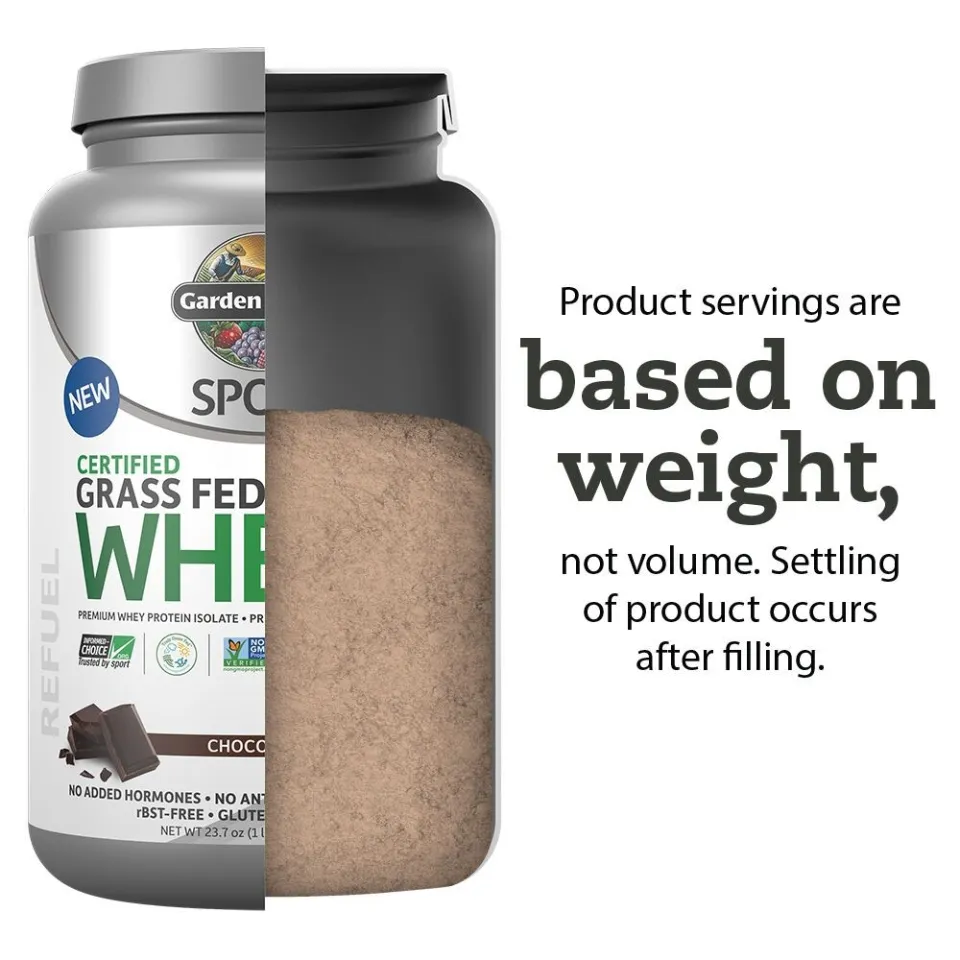
Description:
For those looking to gain muscle and recover, Garden of Life’s whey protein isolate powder is a fantastic choice. It has a combination of milk protein and whey protein isolate. This product contains 2 billion CFU of the probiotic Bifidobacterium lactis Bl-04 and all the essential amino acids in addition to 2-4 grams of dietary fiber.
NSF Certified for Sport is an independent third-party certification program that is respected by many important sports leagues, organizations, and practitioners looking for pure and safe supplements for their athletes. Garden of Life products have earned this certification. Additionally, it has Informed Choice certification.
Pros:
- Contains blend of high-quality milk-based proteins
- 2-4 grams of dietary fiber per serving
- Contains probiotics
- Tested by Informed Choice and NSF Sport for purity and safety
- Great taste and mixability
Cons:
- Highest price per serving in this rating
- Only 2 flavors
- Only 20 servings package option
Price: $41.44
Isopure Whey Protein Isolate With Vitamin C and Zinc
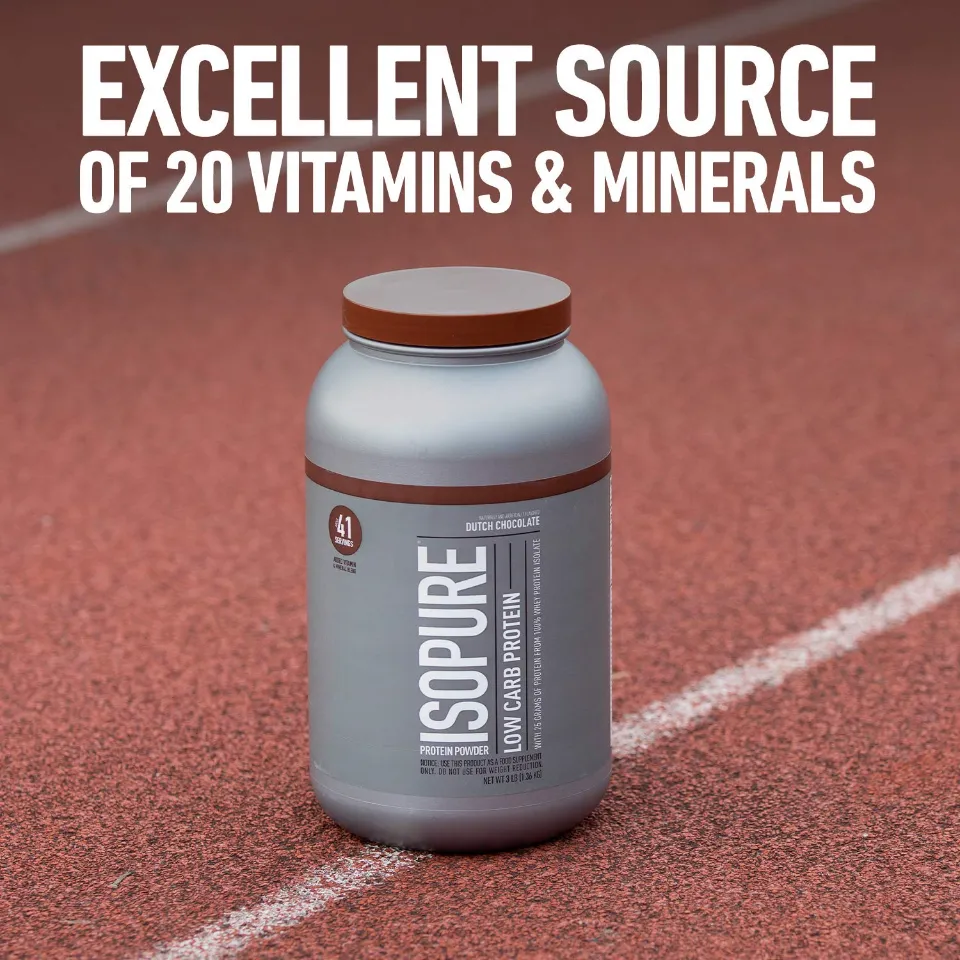
Description:
For those seeking to gain muscle, recover, and lose weight, isopure Whey Protein Isolate is appropriate. Despite not having iron or vitamin D, it is a great source of additional vitamins and minerals in addition to whey protein isolate. This product has a fantastic macronutrient breakdown, with each serving containing 25g of protein, 0–0.5g of fat, and just under 2g of carbohydrates. Excellent value, especially if you purchase the largest package.
Pros:
- 100% whey protein isolate
- Versatile macro breakdown
- Source of added vitamins and minerals
- Variety of flavors
- Many packaging options
Cons:
- No third party certification
Price: $19.99
Ensure Max Protein Nutrition Shake
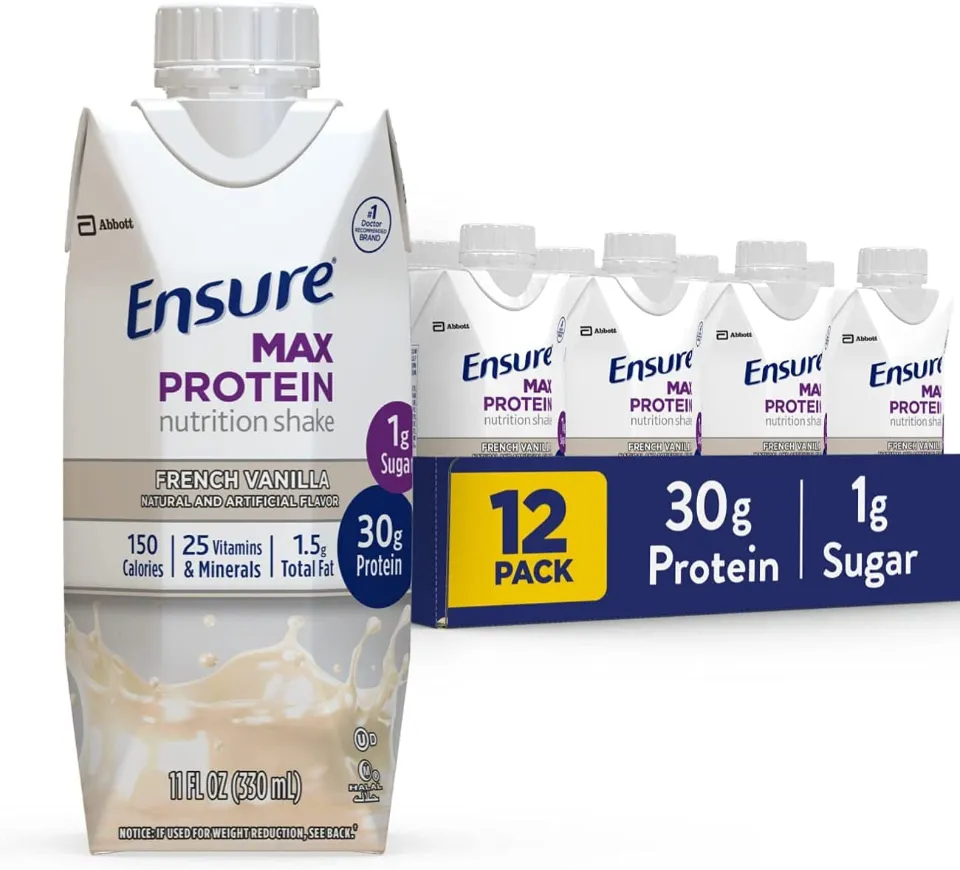
Description:
Make sure Max Protein Nutrition Shake has the most protein per serving of all the items on this list. An essential source of protein is a milk protein concentrate that has casein and whey proteins in quantities corresponding to those found in milk. While milk protein isolates have a protein content of at least 89.5%, milk protein concentrates typically have a protein content of between 42 and 85%. The amount of lactose is inversely correlated with the amount of protein.
Additionally, 2 grams of fiber and a combination of vitamins and minerals are present in this product. Given that each shake contains up to 650 mg of calcium, this massive amount deserves special attention. Remember that the flavors of Cafe Mocha and Milk Chocolate with Caffeine contain 100 mg of caffeine.
Pros:
- Highest protein per serving in this list
- Source of added vitamins and minerals with 650 mg calcium per serving
- Conveniently premixed, saves time
Cons:
- High price point
- No third party certification
Price: $30.13
Muscle Milk Zero Protein Powder
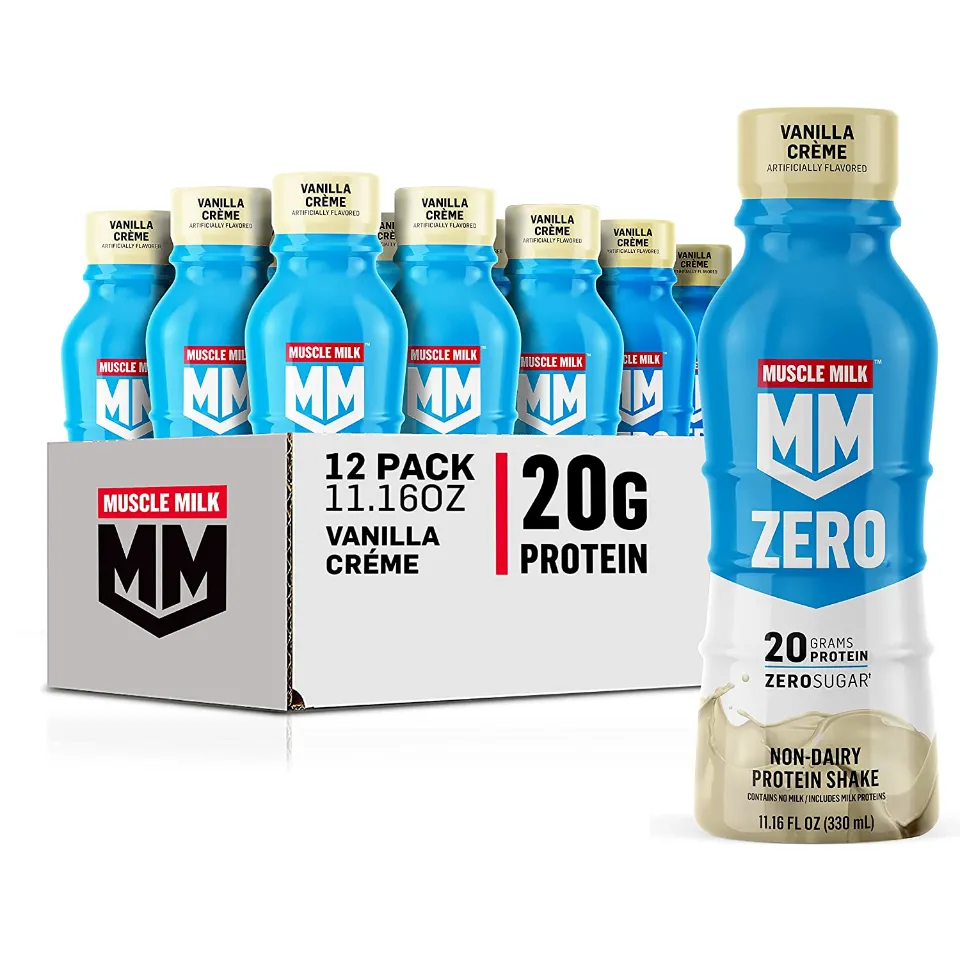
Description:
If you want to gain muscle and recover, Muscle Milk ZERO Protein Powder is for you. It has 2g of fat, 15g of protein, and 9g of carbohydrates per serving of 30g. It is the least expensive of the other products per serving, but it has half as much protein per serving as the other products in this ranking. While the cost would remain the same, eating twice as much would result in proportionately more carbohydrates and fats. This would be beneficial for people looking to build muscle and recover, but not for those trying to lose weight.
Pros:
- Contains a blend of high-quality milk proteins
- Added vitamins and minerals, good source of calcium
- NSF Sport certified
Cons:
- Lowest protein-by-weight ratio of the list
- Only 2 tastes available
- Only 1 packaging option is available (1.65 lb)
Price: $24.99
Orgain Clean Protein Drink
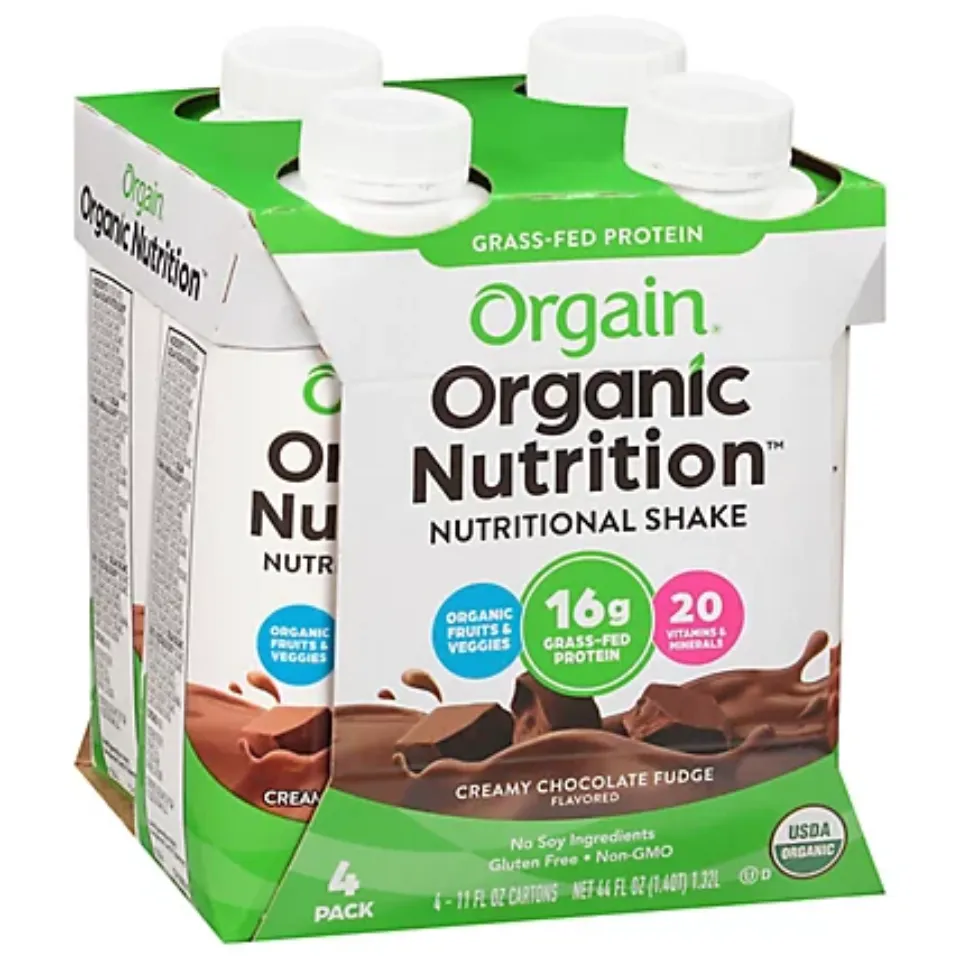
Description:
A tasty organic option is Orgain Clean Protein Drink. Its products range from powders to premixes and some of them are vegan. It is a great option for seniors who value convenience and taste equally.
It is, however, somewhat pricey. Additionally, shipping can occasionally be unreliable, and customer service is frequently inaccessible. This might not be the best option if you get frustrated by a lack of dependability and support.
Pros:
- Organic
- Premixed
- Good taste
- Vegan options
Cons:
- Somewhat expensive
- Hard to reach customer service
- Sometimes unreliable shipping
Price: $35.99
Why Do Elderly People Need Protein?
For older adults, protein is a crucial component. The loss of muscle mass and decline in physical function are both caused by an age-related phenomenon known as anabolic resistance. In skeletal muscles, anabolic stimuli like dietary protein and amino acids and exercise have a blunted effect on the muscle protein synthesis (MPS) response.
Protein consumption is typically lower in older people than it was in younger people. This lays the ideal groundwork for increased loss of muscle mass, deterioration of physical functions, and a general decline in quality of life when combined with the anabolic resistance phenomenon and a decrease in physical activity (especially resistance training).
Benefits of Protein Drinks for Elderly
Increased Strength
Regular protein drink consumption by seniors may result in an increase in strength, making daily tasks easier to complete. Age-related difficulties with routine activities may be eased by protein.
Improved Muscle Mass
Drinking protein-rich beverages can help seniors maintain or increase their muscle mass, which is essential for good health. Protein drinks can assist in preventing muscle loss in the elderly, a problem that is common and can result in weakness and frailty.
Faster Recovery
Protein drinks can hasten the process of recovery following exercise, lowering the chance of injury. By providing the essential building blocks for tissue repair, protein drinks can speed the healing process for older people who have undergone surgery or sustained an injury.
As a result, elderly people need enough protein to counteract age-related physiological changes. Seniors are advised to consume at least 1.2 g of protein per kilogram of body weight to combat anabolic resistance, and in conjunction with strength training, 1.5 g of protein per kilogram of body weight may be necessary to maximize muscle protein synthesis. For elderly people, a protein shake might be a convenient way to get the protein they require.
Potential Disadvantages of Protein Drinks for Seniors
A daily protein intake of too much can have negative effects and put your health at risk. It’s crucial that you determine your daily protein intake using either the recommended values of 1.2 grams per 2.2 grams or the slightly higher standard values of 0.8 grams per 2.2 pounds. When this limit is exceeded too far, the negative effects start to outweigh the positive ones.
Ironically, one drawback of consuming too much protein is the possibility of gaining weight. When you consume more protein than your body can utilize, it will be stored as fat and the extra amino acids will be excreted. Because of this, it has been demonstrated that diets that heavily emphasize replacing carbohydrates with protein result in weight gain.
It’s a sign that something is wrong with your diet if you’re consistently gaining weight while using protein drinks that isn’t muscle mass. Your daily intake of beverages and protein sources may need to be reduced.
Things to Consider before Buying Protein Drinks for Seniors
Protein beverages are not all created equal. Different protein sources, extra ingredients, flavor changes, and price reductions are some of the ways that brands stay competitive. When looking for your next protein drink, you should keep all of these things in mind.
Amount of Protein
How much of the drink you consume throughout the day will depend on how much protein is in each serving. There is a noticeable difference between a beverage with 15 grams of protein and one with 20 grams of protein, despite what might seem to be the case. Each of those beverages will have a unique number of calories. So, make an effort to maximize the protein intake while limiting the overall calorie intake.
Quality of the Ingredients
A variety of sources can provide the protein and the different nutrients. A liquid that acts as the base will also be included in the beverage itself. If you need to cut out gluten, milk, or soy for medical reasons, you may want to avoid drinks that contain these ingredients. Protein that is entirely natural or organic may also be more appealing to you.
Additional Nutrients
Seniors frequently fall short of the recommended daily allowance of several nutrients and vitamins. Buying protein drinks that are loaded with extra nutrients is one way to include these nutrients as a supplement in your diet. Many drinks labeled as “nutrition drinks” contain more than enough protein to fall into the “protein drink” category. In addition, you should try to limit your intake of each nutrient.
Summary
Lean body mass needs to be maintained and increased in order to support physical strength and functionality. Transparent Labs Whey Protein Isolate is the top protein supplement overall. It comes in a variety of flavors with good mixability, has a high protein-to-weight ratio, and is made with the highest quality whey protein isolate. If you’d like to strengthen your bones, The Ladder Plant-Based Nutrition Shake is a wise choice.
FAQs
What Happens If Seniors Don’t Get Enough Protein?
The foundation for an increased loss of muscle mass, strength, and physical functions, as well as a decline in the quality of life, is set by seniors who consume insufficient amounts of protein.
How Much Protein Should a 70-Year-Old Eat?
As was stated earlier, seniors should consume 1.2 grams of protein for every kilogram of body weight. This is equivalent to 68.5 g of protein for a woman weighing 57 kg and 84 g of protein for a 70-year-old man weighing 70 kg.

